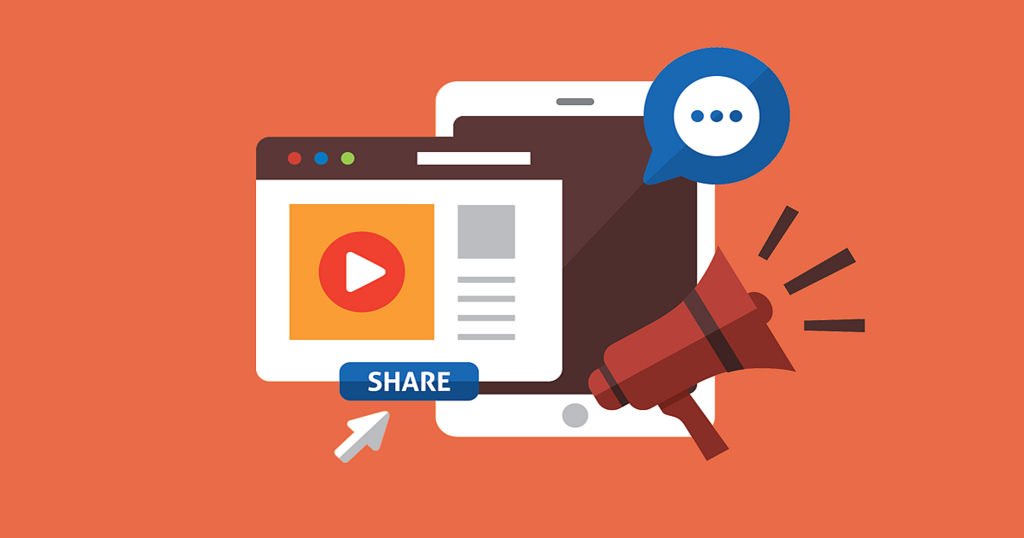Image Converter
Boost Your Website's SEO with an Image Converter: A Comprehensive Guide

In the ever-evolving landscape of digital marketing, search engine optimization (SEO) remains the cornerstone of online success. If you're running a website or blog, you're likely aware of the importance of optimizing your content for search engines. However, did you know that an image converter can play a crucial role in enhancing your website's SEO?
Why SEO Matters
Before diving into the world of image converters and their SEO benefits, let's briefly touch on why SEO is so vital for your website's success. SEO helps your website rank higher in search engine results pages (SERPs), which, in turn, increases organic traffic, enhances brand visibility, and ultimately drives conversions. In essence, SEO is the art and science of making your website more appealing to search engines like Google, Bing, and Yahoo.
The Role of Images in SEO
Images are an integral part of web content. They make your articles more engaging and visually appealing to your audience. However, they can also slow down your website's loading speed if not optimized correctly. This can negatively impact your SEO efforts. Here's where an image converter comes into play.
What Is an Image Converter?
An image converter is a powerful tool that allows you to transform your images into different formats and sizes without compromising on quality. It helps reduce the file size of images, making them load faster on your website. Faster loading times are a crucial factor for SEO because search engines favor websites that provide a smooth user experience.
The SEO Benefits of Using an Image Converter
-
Improved Page Speed: As mentioned earlier, faster-loading web pages rank higher in search results. By compressing and resizing your images with an image converter, you can significantly improve your website's loading times.
-
Enhanced User Experience: A well-optimized website not only pleases search engines but also keeps your visitors happy. Users are more likely to stay on a website that loads quickly and provides a seamless browsing experience.
-
Reduced Bounce Rate: Slow-loading pages can lead to a high bounce rate, where visitors quickly leave your site. Lower bounce rates are a positive signal to search engines, indicating that your content is relevant and engaging.
-
Mobile Friendliness: Image converters can help you create mobile-friendly images, which is crucial in the mobile-first era of SEO. Google prioritizes mobile-responsive websites in its rankings.
-
Image SEO: Image converters often include features like image alt text optimization, which is essential for image SEO. Properly optimized alt text can help search engines understand your images' content and context.
Choosing the Right Image Converter
When selecting an image converter for your website, consider factors such as ease of use, supported file formats, compression options, and pricing. Many online image converters offer free or freemium plans that can get you started without breaking the bank.
In conclusion, an image converter is a valuable addition to your SEO toolkit. By optimizing your website's images for speed and user experience, you can improve your search engine rankings, attract more organic traffic, and ultimately achieve your online goals. Don't underestimate the power of this simple yet effective tool in your SEO strategy.
Ready to supercharge your website's SEO with an image converter? Head over to smallseomachine.com and explore our SEO generator tools to get started today!










.jpg)


